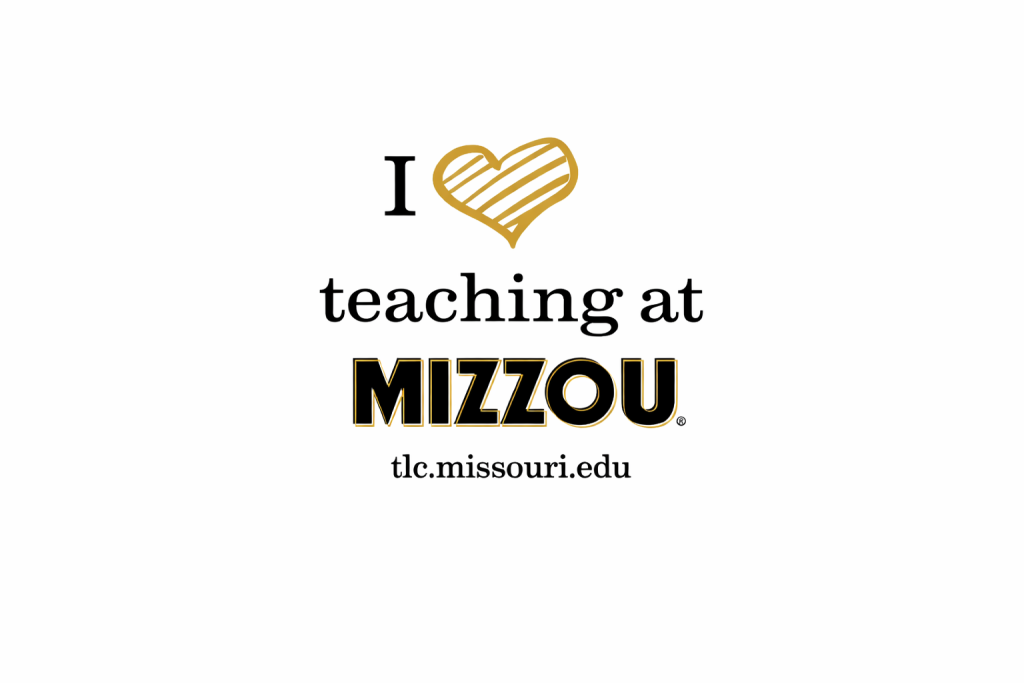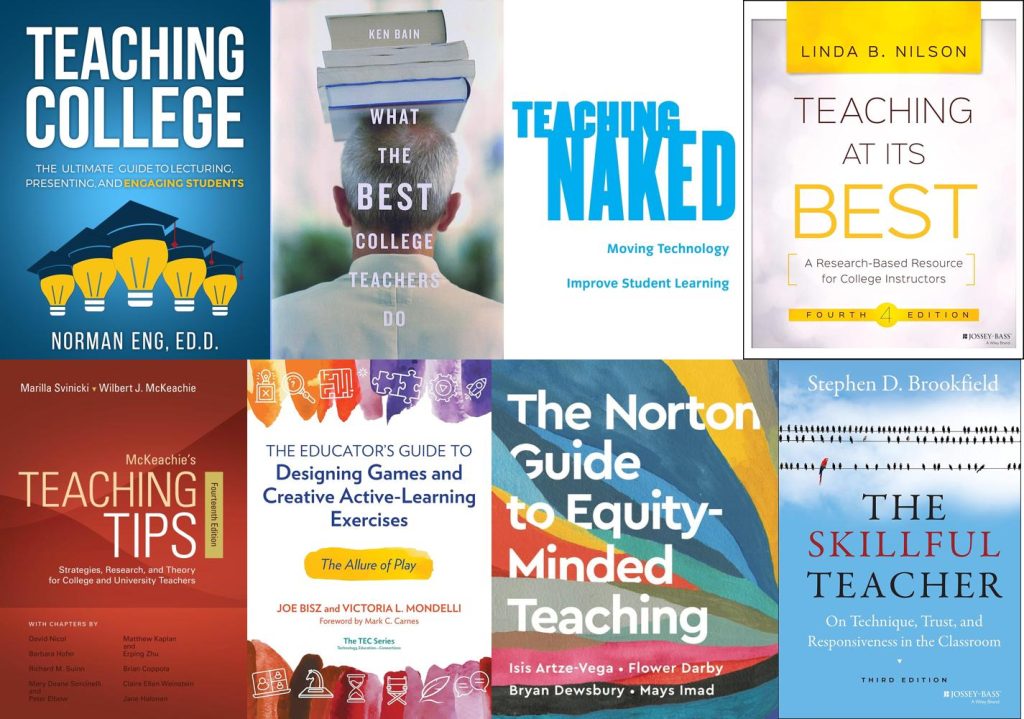
Session recording
Academic HIPs 101
This session offers a foundational overview of High-Impact Practices using the AAC&U framework and MU’s approach to implementation and tracking. Participants learn how to design or adapt courses to meet HIPs criteria with academic rigor and intentionality, and identify practical next steps for developing HIPs-designated courses.
TOPIC
Course Design/Redesign , High Impact Practices

Presentation Materials
AI Assistants in the Walled Garden
AI Assistants in the Walled Garden explains how generative AI assistants can support teaching and learning in secure, controlled academic environments
TOPIC
Teaching with AI , Teaching with Technology


Session recording
AI on Campus: Tools, Resources, and Support for Teaching and Learning
This session offers an overview of AI tools, policies, and teaching resources available to support instructors across campus. Presenters share updates on current initiatives, responsible use guidelines, and examples of effective classroom applications, highlighting how AI can be used to enhance teaching and learning at Mizzou.
TOPIC
AI Resources for Students , Campus Resources

Session recording
AI Promptathon – Microsoft CoPilot Chat
This hands-on session introduces practical strategies for using Microsoft Copilot Chat through effective prompt writing and everyday workflows. Participants gain confidence using AI to boost productivity, ask better questions, and integrate AI tools into their daily work without requiring technical expertise.
TOPIC
Active Learning , AI Resources for Students , Campus Resources

Session recording
AI Syllabus Statement Workshop
Session Recording
TOPIC
AI Resources for Students , Teaching with AI

Website source
AI2025 EDUCAUSE AI Landscape Study: Into the Digital AI Divide
This report highlights key trends in how colleges and universities are adopting AI, including strategy, teaching, workforce training, and emerging gaps in access and resources.
TOPIC
Teaching with AI

Session recording
Aligning Faculty-Mentored Independent Research and Creative Scholarship Experiences With the RI Designation Across Disciplines
This session explores discipline-spanning models for aligning faculty-mentored independent research and creative scholarship with MU’s Research Intensive course designation. Presenters share cohort-based and department-approved approaches that support quality research experiences, peer learning, and administrative efficiency while advancing high-impact practices across curricula.
TOPIC
Course Design/Redesign , High Impact Practices

Session recording
Better by Design: Elevating Engagement in Online Learning
This panel session highlights how Mizzou faculty redesigned online courses to increase engagement and collaboration across disciplines. Presenters share practical design strategies, tools, and support resources, including collaborative presentations, VoiceThread, and gamified learning paths, to enhance student interaction in online learning environments.
TOPIC
Active Learning , Course Design/Redesign

Book
Books
A curated selection of books to support effective teaching, instructional strategies, and professional growth.
TOPIC

Session recording
Bring Your Own Brains: Keeping Student Cognitive Effort High When Using AI
This session explores practical strategies for maintaining high levels of student cognitive engagement when using AI in learning activities. Participants examine research on cognitive offloading and metacognitive prompting and experiment with interactive, gamified approaches that position AI as a learning partner rather than a replacement for critical thinking.
TOPIC
Active Learning , AI Resources for Students

Website source
Campus Resources
This page offers a collection of campus resources to support teaching, learning, and faculty professional development at Mizzou.
TOPIC
Campus Resources

Session recording
Celebration of Teaching 2023 – Keynote Presentation
Academic Integrity in the 21st Century: Culture, Pedagogy & Assessment
TOPIC
AI Resources for Students , Pedagogy , Teaching with AI

Session recording
Celebration of Teaching 2024 – Featured Presentation
Champion’s Playbook: Preparing Programs for HLC Accreditation Success
TOPIC
Course Design/Redesign , Evidence-based practices

Session recording
Celebration of Teaching 2025 – Keynote Presentation
Bandwidth Tax of Uncertainty: Reclamation in Community
TOPIC
Accessibility , Course Design/Redesign